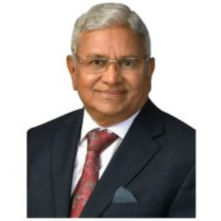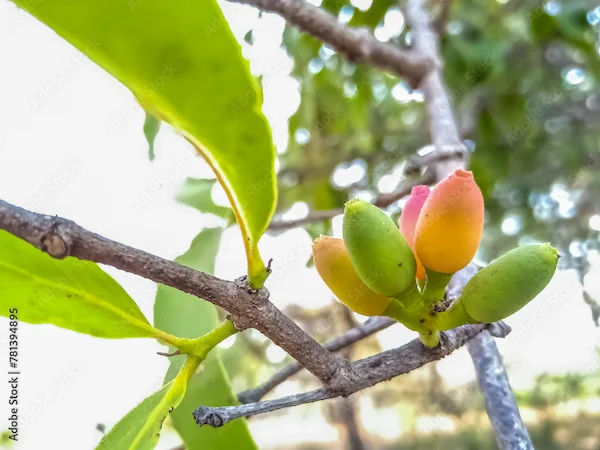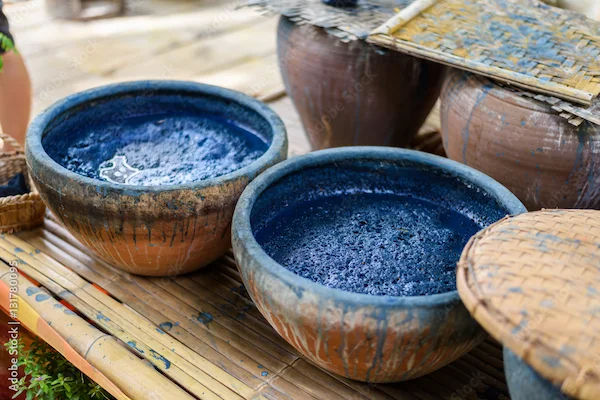Understanding Kidney Pain Location
Know what kidney pain is, key features, symptoms and causes. Learn about the differences between kidney and back pain and how to manage kidney pain.


Introduction
Kidney pain can be confusing and worrying, especially if you're not sure what's causing it or where it's coming from. If you've ever felt discomfort in your back or sides and wondered whether it's related to your kidneys, this article will help you understand the signs, causes, and when to seek medical attention.
Where Do You Feel Kidney Pain?
Kidney pain is typically felt in the flank area, the sides of your lower back, just below the rib cage. Unlike muscle pain, which can be more spread out, kidney pain is usually deeper and may be felt on one or both sides, depending on which kidney is affected.
Key Characteristics of Kidney Pain:
The key characteristics of kidney pain include:
- Location: Lower back or sides, near the ribs.
- Type of Pain: Dull ache or sharp, stabbing pain.
- Radiation: May spread to the abdomen or groin.
- Other Symptoms: Often accompanied by fever, nausea, or urinary changes.
Consult a top nephrologist for the best advice
What Causes Kidney Pain?
Several conditions can lead to kidney pain, including:
1. Kidney Stones
Small, hard mineral deposits that form in the kidneys can cause severe pain when they move through the urinary tract. The pain is often sharp and comes in waves.
2. Urinary Tract Infections (UTIs)
When bacteria infect the bladder (cystitis) or kidneys (pyelonephritis), it can cause pain in the lower back, along with burning during urination and frequent urges to pee.
3. Kidney Infections (Pyelonephritis)
A more serious UTI that reaches the kidneys can cause fever, chills, and intense flank pain.
4. Kidney Cysts or Polycystic Kidney Disease (PKD)
Fluid-filled sacs in the kidneys can grow and cause discomfort, especially if they rupture or become infected.
5. Kidney Injury or Trauma
A direct blow to the back, accidents, or strenuous activity can sometimes lead to kidney pain.
How Is Kidney Pain Different from Back Pain?
Since kidney pain is felt in the back, it’s easy to confuse it with muscle or spine-related pain. Here’s how to tell the difference:
When Should You See a Doctor?
Seek medical help immediately if you experience:
- Severe pain that doesn’t go away
- Blood in urine
- Fever and chills (sign of infection)
- Nausea or vomiting with back pain
- Difficulty urinating
Early diagnosis can prevent complications, so don’t ignore persistent pain.
How Can You Manage Kidney Pain?
1. Stay Hydrated
Drinking plenty of water helps flush out toxins and prevents kidney stones.
2. Avoid Excess Salt & Processed Foods
High sodium intake can contribute to the development of kidney stones and high blood pressure.
3. Apply Heat
Applying a warm compress to the painful area may provide temporary relief.
4. Take Prescribed Medications
If you have an infection, antibiotics are necessary. Pain relievers (like acetaminophen) can help, but avoid NSAIDs (ibuprofen) if kidney function is impaired.
5. Get Medical Tests
If pain persists, your doctor may recommend:
- Urine tests (to check for infection or blood)
- Ultrasound or CT scan (to detect stones or cysts)
- Blood tests (to assess kidney function)
When to Consult a Specialist?
If you frequently experience kidney pain or have a history of kidney disease, consult a nephrologist (kidney specialist) or urologist. Early intervention can prevent long-term damage.
Conclusion
Kidney pain should never be ignored. Understanding its location, causes, and symptoms can help you take the right steps toward treatment. Stay hydrated, eat a balanced diet, and seek medical help if pain persists. Your kidneys play a vital role in keeping you healthy—take care of them!
Consult a top nephrologist for the best advice
Consult a top nephrologist for the best advice

Dr. Manju Kamal
Nephrologist
12 Years • MBBS,MD(General Medicine), DNB,DM(Nephrology)
Angamaly
Apollo Hospitals Karukutty, Angamaly

Dr. Aswini Kumar Panigrahi
Nephrologist
23 Years • MBBS, MD (Int. Med.), DNB Nephro
Hyderabad
Apollo Hospitals Jubilee Hills, Hyderabad
(200+ Patients)

Dr. Jignesh Pandya
Nephrologist
27 Years • MD(Medicine), DNB(Nephrology).
Bilaspur
Apollo Hospitals Seepat Road, Bilaspur
(25+ Patients)

Dr. Pardha Saradhi
Nephrologist
9 Years • MBBS, MD-DNB (Gen. Med.), DNB (Nephro)
Hyderabad
Apollo Hospitals D R D O kanchanbagh, Hyderabad
(50+ Patients)

Dr. Tatapudi Ravi Raju
Nephrologist
40 Years • MBBS, MD (Internal Medicine), DM (Nephrology), International Society of Nephrology Scholar, Fellowship in Transplant Immunology,
Chinagadila
Apollo Hospitals Health City Unit, Chinagadila
Consult a top nephrologist for the best advice

Dr. Manju Kamal
Nephrologist
12 Years • MBBS,MD(General Medicine), DNB,DM(Nephrology)
Angamaly
Apollo Hospitals Karukutty, Angamaly

Dr. Aswini Kumar Panigrahi
Nephrologist
23 Years • MBBS, MD (Int. Med.), DNB Nephro
Hyderabad
Apollo Hospitals Jubilee Hills, Hyderabad
(200+ Patients)

Dr. Jignesh Pandya
Nephrologist
27 Years • MD(Medicine), DNB(Nephrology).
Bilaspur
Apollo Hospitals Seepat Road, Bilaspur
(25+ Patients)

Dr. Pardha Saradhi
Nephrologist
9 Years • MBBS, MD-DNB (Gen. Med.), DNB (Nephro)
Hyderabad
Apollo Hospitals D R D O kanchanbagh, Hyderabad
(50+ Patients)

Dr. Tatapudi Ravi Raju
Nephrologist
40 Years • MBBS, MD (Internal Medicine), DM (Nephrology), International Society of Nephrology Scholar, Fellowship in Transplant Immunology,
Chinagadila
Apollo Hospitals Health City Unit, Chinagadila




